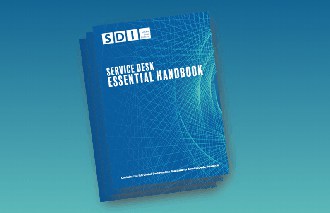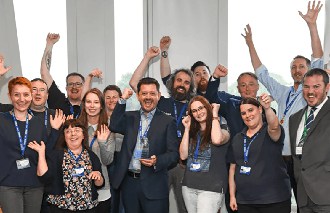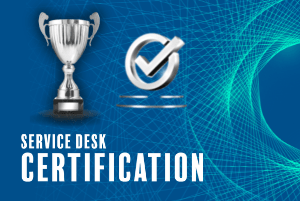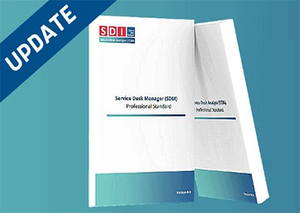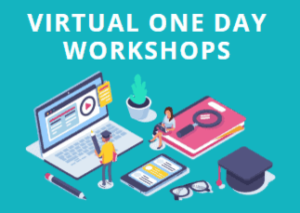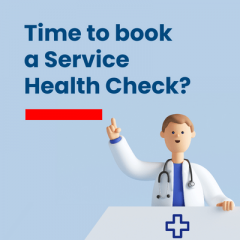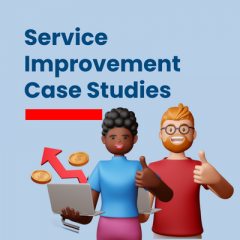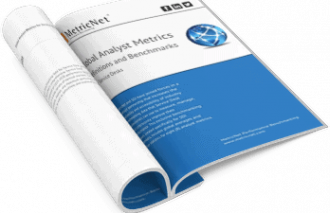The Strategic Knowledge Management event took place on 22nd May 2019 at the Crowne Plaza London. The event was hosted by Tessa Troubridge, CEO at SDI.
Speakers included:
-
James Heritage, Knowledge Manager, ENGIE
-
Hannah Price, Service Management Consultant at TOPdesk
-
Todd McQuilkin, Air-IT CEO & Air-MSP Consultancy Managing Partner
-
Darren Savage, Service Management Support Manager – Boeing Defence UK – Service Management
-
Neville Ward, SMAX Solutions Architect, Micro Focus
-
Diana Stefan, Senior Knowledge Management Resource in Bucharest, Wipro
You can view the speaker presentation slides below:
Interactive workshop feedback:
1. Implementing a new tool set with knowledge management
Stakeholder consultation
– include your internal and external users
Legacy
– Where are you coming from?
– What do you have? What do you do with existing knowledge?
– Start from scratch/ clean up your knowledge base
KCS principles
What is the format of your knowledge base?
– Text vs. video
– Make the knowledge more digestible
Speed of delivery vs. process
– Get knowledge up first and work out the process after
Configuration and customisation
– Different requirements
– If the knowledge base is too bespoke, it will not be easy to update
2. Gaining buy-in from stakeholders
Different concerns regarding different groups
Strategy
– Shift left?
– What do different stake holders offer/ their values
– Are they cost effective?
– Continual improvement
SMEs, authors, resolver teams
– What are the ramifications for them?
– “Make a deal” – if you write an article once, you don’t need to resolve these tickets again
Customers
– Categorise and collate existing knowledge
– Is it easier to phone, email or self serve? It’s important for you to drive customers in the right direction
3. Coaching users for success with a knowledge base
Adoption of processes
– How are messages received?
– Champions showing others how to use the knowledge base
– Pressures – balancing SLAs with benefits of knowledge management
A positive message
– Turning feedback into knowledge creation
– Coaching can’t be forced upon people
4. Getting the service desk to use the knowledge base
ITSM tool capability
– Logging a ticket identifies knowledge articles to help
– An organised knowledge base is better for searching
Culture change
– Ask colleagues to use the knowledge base
– The info in the knowledge base must be kept up to date
5. Building a strategy for knowledge management
How high level is your strategy? Is there too much detail?
– Be more fluid in your strategy
– Involve stakeholders
– How do you get people to use it?
Quality control
– A phased approach such as focus groups
Training
– Listen to customer feedback
– Don’t be afraid to adjust
Ask yourself ‘why are we doing this?’
– Tell customers about your strategy
Contingency plans
– Future proofing
– Accept not everyone will use it
Start small, start simple!
